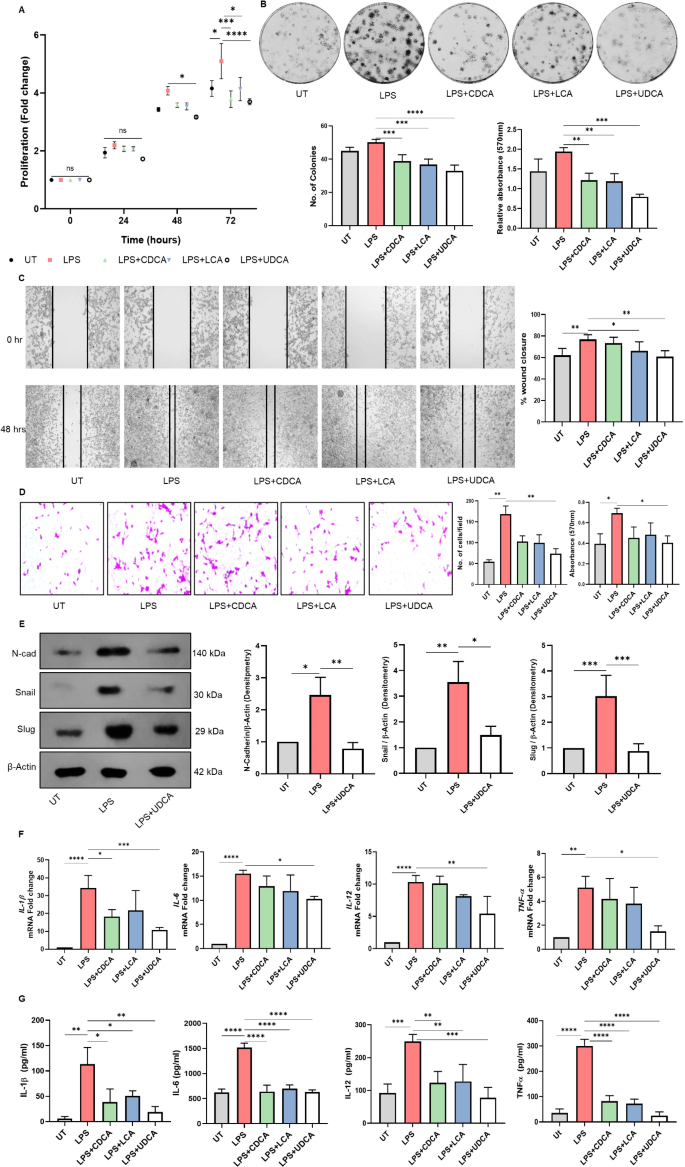Researchers have uncovered an exciting discovery about how a compound produced by our gut bacteria, called ursodeoxycholic acid (UDCA), can help regulate inflammation and reduce the risk of colon cancer. The study found that UDCA can suppress the pro-inflammatory signals from activated immune cells, known as macrophages, and prevent them from driving a process called epithelial-mesenchymal transition (EMT) in intestinal cells – a key step in cancer progression. This protective effect of UDCA was found to be mediated through the activation of a receptor called TGR5, which then upregulates a key anti-inflammatory protein called SOCS1. These exciting findings suggest that harnessing the power of gut bacteria-derived compounds like UDCA could be a promising strategy for managing inflammatory bowel diseases and preventing colitis-associated cancers.

Gut Microbiome: The Unsung Hero of Intestinal Health
The human gut is home to a complex and diverse community of microorganisms, collectively known as the boweldisease’>inflammatory bowel diseases (IBDs) like Crohn’s disease and ulcerative colitis.
The Gut-Immune Axis: A Delicate Dance
The intestinal epithelium, which forms the barrier between the gut and the rest of the body, is in constant communication with the immune system. This bidirectional interaction is crucial for maintaining a healthy gut environment and preventing the development of chronic inflammatory conditions. When this crosstalk is disrupted, it can lead to an excessive inflammatory response, which, in turn, can increase the risk of Click Here
